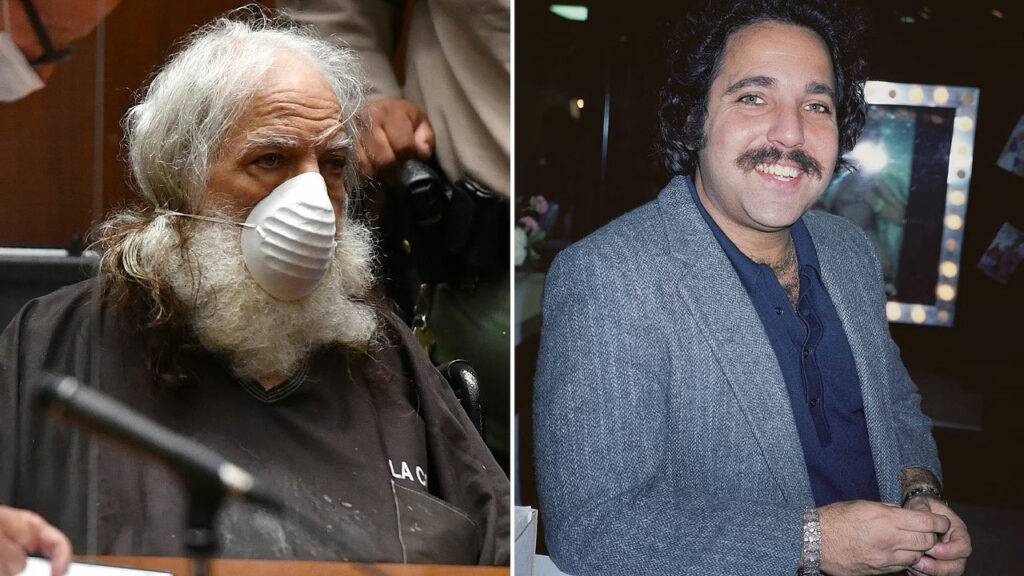Former adult film star Ron Jeremy, whose legal name is Ronald Jeremy Hyatt, has recently been released to a “private residence” due to deteriorating health. This move comes after months of being held in the Men’s Central Jail in downtown Los Angeles, following a declaration of incompetence to stand trial earlier this year.
Legal Battles and Frozen Proceedings
In 2021, Jeremy faced serious legal troubles, being indicted on 34 criminal counts based on allegations from 23 different women, with the oldest claim dating back to 1996. The charges included accusations of assaulting women while they slept and engaging in lewd acts with foreign objects. Shockingly, one allegation involved a lewd act against a 15-year-old at a party in Santa Clarita.
However, legal proceedings against Jeremy hit a roadblock in March 2022. His criminal defense attorney, Stu Goldfarb, informed the judge that Jeremy did not recognize him. This revelation led to a freeze in the proceedings. A staggering ten months later, a judge formally declared Jeremy incompetent to stand trial.

Ron Jeremy Health
The situation took a drastic turn when it was reported in early 2023 by the Daily Beast that Jeremy was suffering from “severe dementia,” a determination made by mental health experts during his sexual assault trial. This revelation played a pivotal role in the legal proceedings and his subsequent release.
During his time in custody, doctors discovered an aneurysm near Jeremy’s heart. Following this discovery, he underwent surgery the next day. Three weeks later, he was discharged from the hospital, marking a critical point in his health journey.
What Happened to Ron Jeremy?
Ron Jeremy’s release to a “private residence” raises questions about the specifics of his new living arrangements and the security measures, if any, in place at the facility. His criminal defense attorney, Stu Goldfarb, expressed uncertainty regarding the details of the private residence where Jeremy would be released.
Friday’s ruling to release Jeremy to a private residence is seen by his legal team as the most humane outcome for a defendant who hasn’t been convicted and is facing irreversible health decline. Goldfarb emphasized the need for compassion in a situation where legal proceedings are on hold, and the defendant’s health is rapidly deteriorating.
This development underscores the delicate balance between justice and compassion, especially when the accused is grappling with severe health issues. The legal system faces challenges in addressing cases where the defendant’s mental and physical well-being are significant factors.


